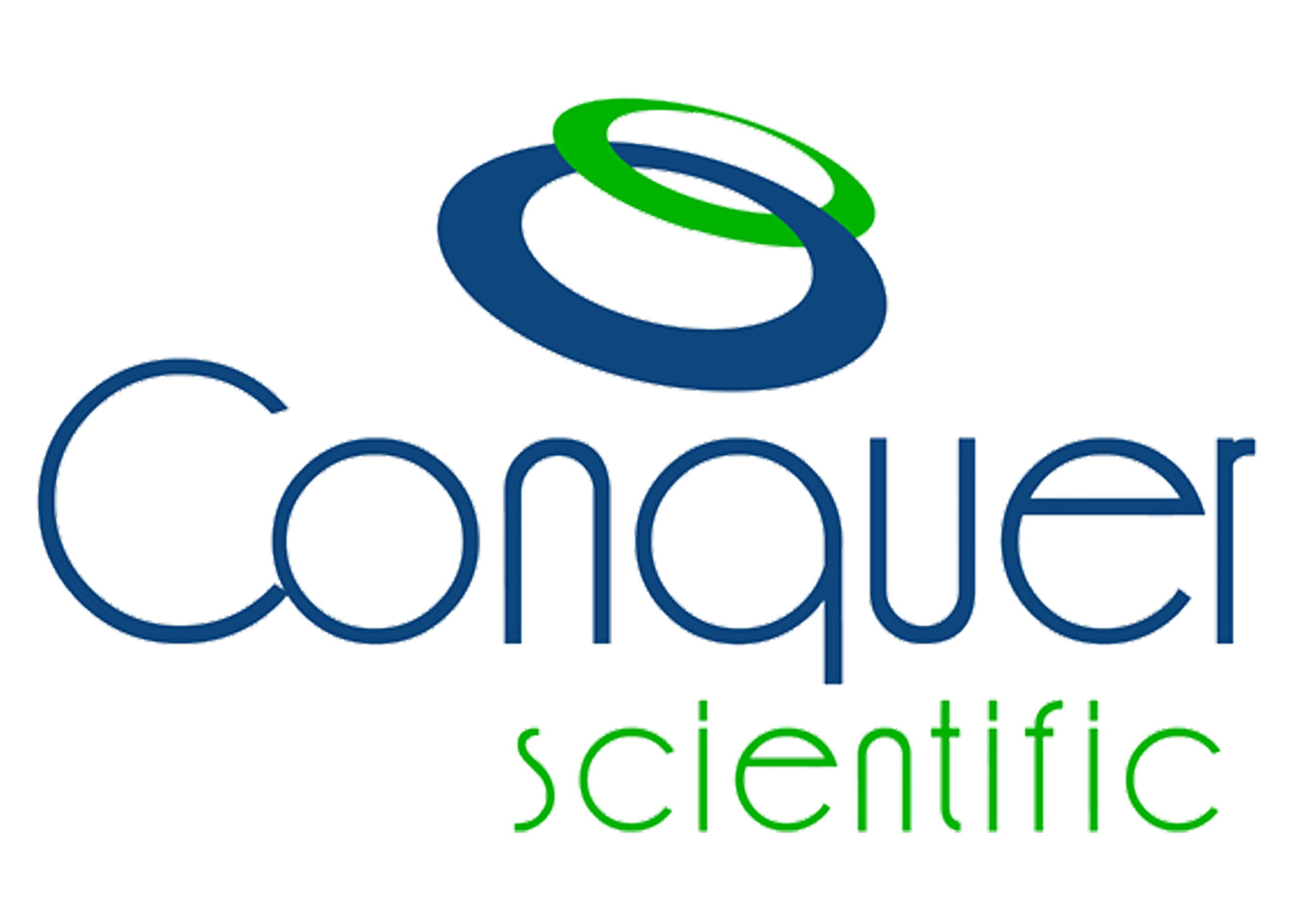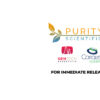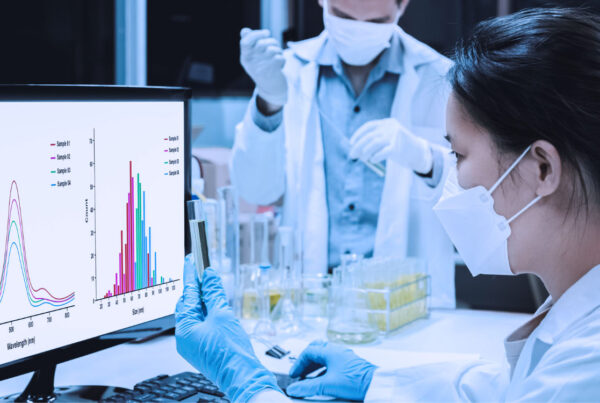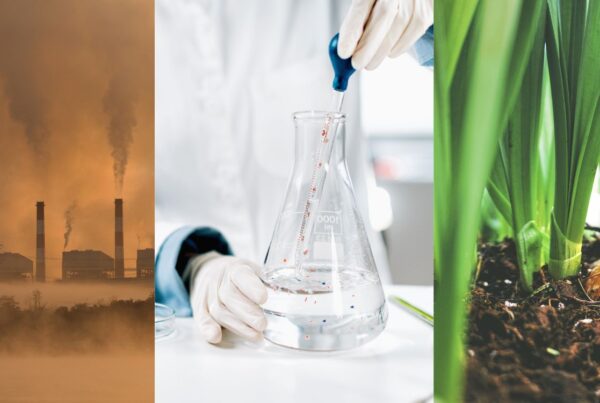Per- and polyfluoroalkyl substances (PFAS) have become one of the most pressing environmental concerns of our time. Known for their persistence and potential health impacts, PFAS compounds are now found in water, soil, and even the human body. As regulations tighten across the globe in 2025, laboratories are under growing pressure to adopt faster, more reliable, and more sustainable analytical methods for PFAS detection.
While liquid chromatography coupled with mass spectrometry (LC-MS/MS) has long dominated PFAS testing, Ion Chromatography (IC) is rapidly emerging as a complementary and, in some cases, superior approach—especially when analyzing ionic or short-chain PFAS compounds. Modern IC systems deliver exceptional reproducibility, low detection limits, and the ability to analyze complex ionic matrices with minimal interference.
Why Ion Chromatography Is a Game-Changer for PFAS Analysis
Ion Chromatography works by separating ionic species—such as anions and cations—based on their interaction with a stationary phase and an eluent. For PFAS compounds, particularly shorter-chain and polar variants, IC offers several unique advantages:
- High Selectivity and Sensitivity: Advances in column chemistry and suppressor technology now allow IC systems to separate ionic PFAS compounds that are often missed or poorly resolved by traditional methods.
- Reagent-Free Operation: Reagent-Free™ Ion Chromatography (RFIC) eliminates manual eluent preparation, reducing chemical waste and ensuring consistent results between runs.
- Robust Quantitation in Complex Matrices: From wastewater to surface and drinking water, IC provides reliable separation even in samples with high ionic backgrounds.
- Compatibility with Mass Spectrometry: Coupling IC with MS detection (IC-MS) enhances analytical range and lowers detection limits, enabling trace-level quantitation of PFAS compounds that are otherwise difficult to measure.
Meeting the Regulatory Demands of 2025
The U.S. EPA’s new National Primary Drinking Water Regulations (NPDWR) for PFAS compounds, as well as global initiatives from the EU and OECD, have set unprecedented requirements for detection limits—often in the parts-per-trillion (ppt) range. Ion Chromatography offers a streamlined path toward compliance. Its stable retention times, automated eluent generation, and reproducible results make it ideal for laboratories tasked with routine PFAS monitoring and reporting.
Moreover, the reagent-free design of modern IC systems—such as the Dionex ICS-5000+ and ICS-2100—aligns with the growing push for greener, safer laboratory practices. These systems not only deliver regulatory-grade data but also reduce operational costs and environmental impact.
The Path Forward
As PFAS regulations evolve and testing volumes continue to rise, laboratories are looking for dependable, scalable solutions. Ion Chromatography stands at the forefront of this shift—offering precision, sustainability, and the flexibility to adapt to future analytical challenges.
Whether you’re developing a new PFAS testing workflow or upgrading existing instrumentation, the right IC system can make all the difference in achieving compliance and analytical confidence.
Conquer Scientific is your leading global supplier of used and refurbished Ion Chromatography systems, including the ICS-5000+, ICS-5000, ICS-3000, and ICS-2100 as well as Thermo LC-MS configurations for advanced PFAS and environmental analysis. Each system is fully tested, restored to manufacturer specifications, and backed by in-house warranty coverage.
Explore our available IC systems and elevate your PFAS analysis with confidence—visit ConquerScientific.com today.








